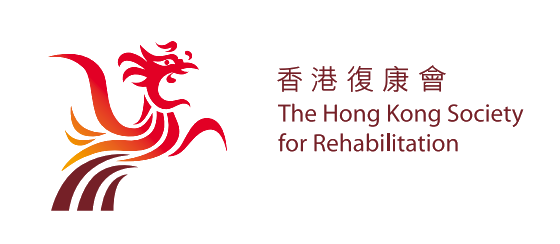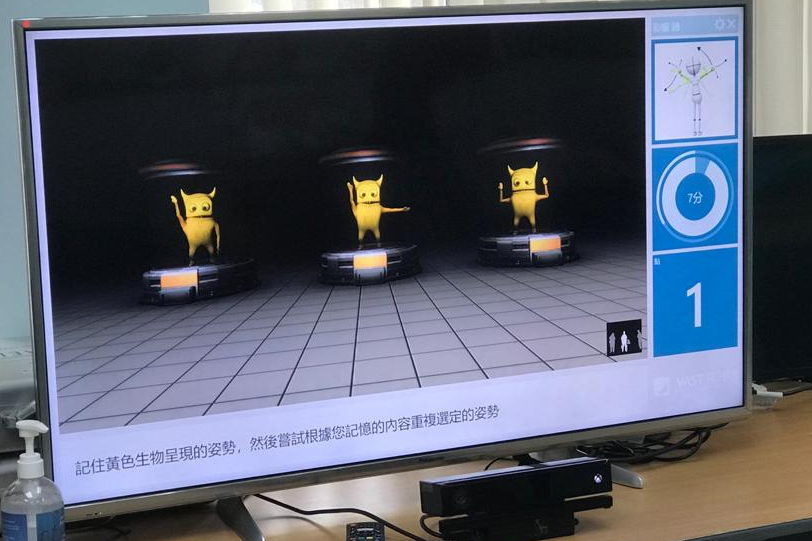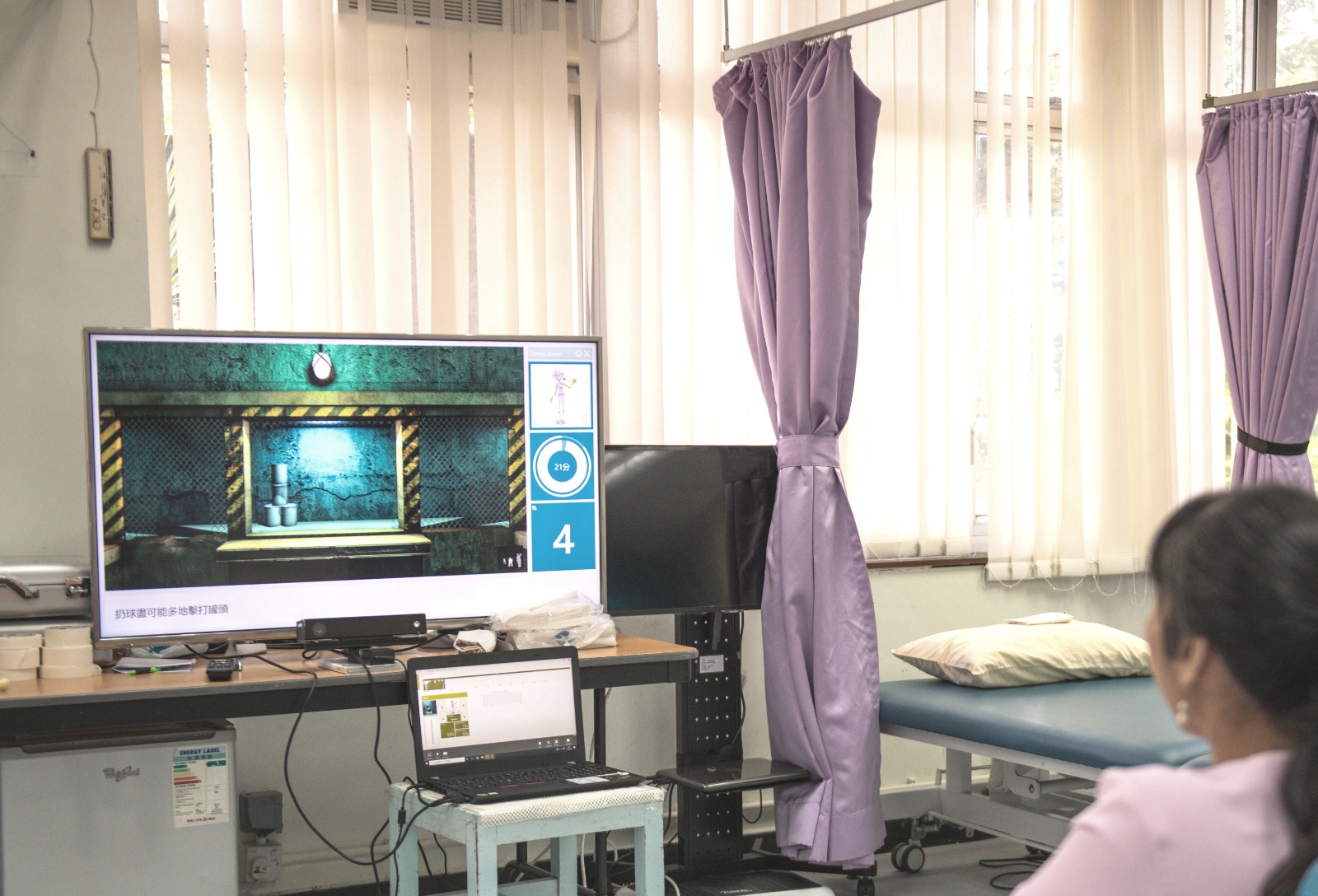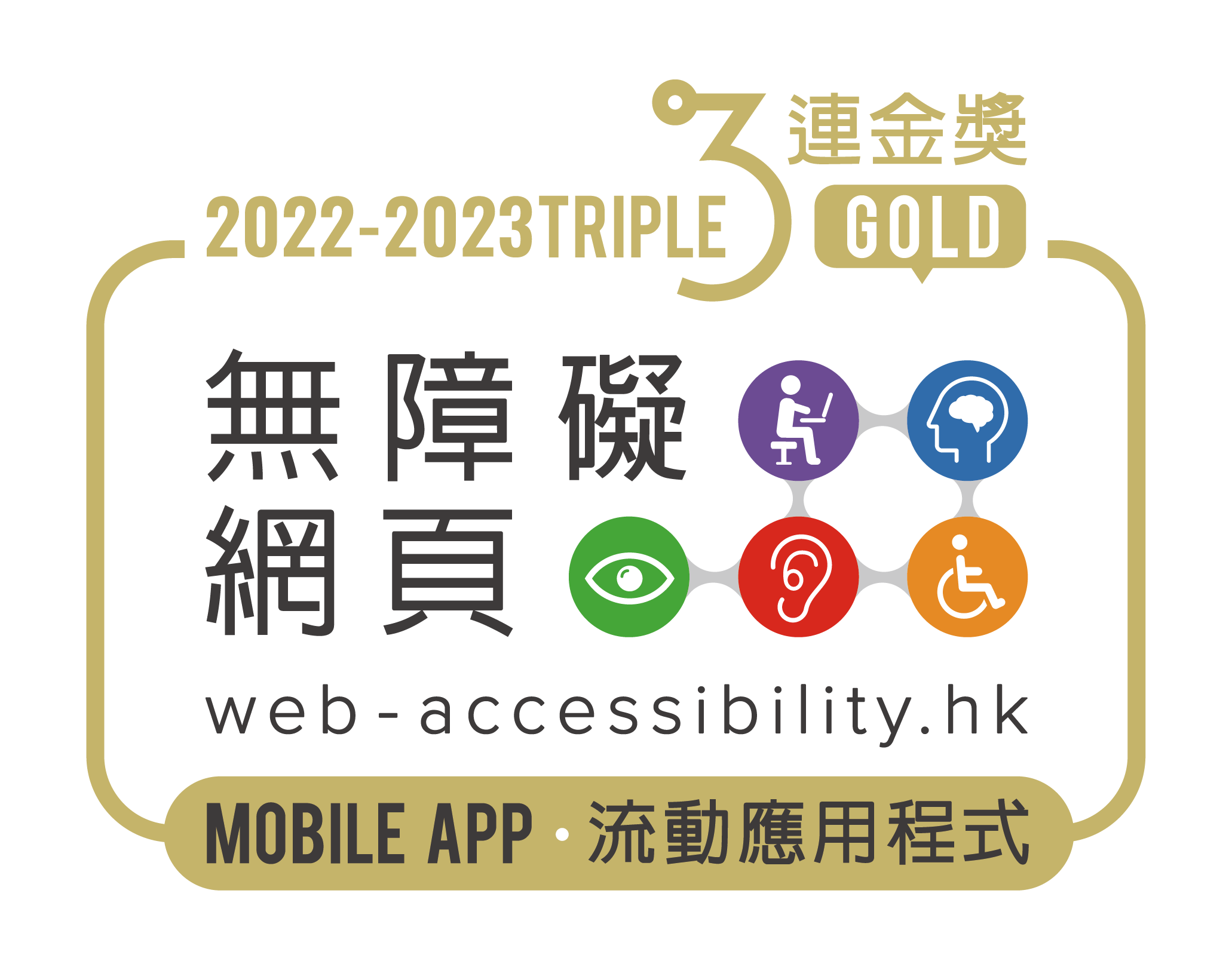Virtual Reality Opens up New Horizon in Rehabilitation
The rapid advancement of medical technology has contributed to people living healthier lives, and so has rehabilitation technology. As gerontechnology has popularised in recent years, the use of technology in rehabilitation can enhance rehab exercises and make it more entertaining. Rehab patients will be more motivated to receive treatment and have a better result.
The Hong Kong Society for Rehabilitation recently received donations of rehabilitation devices. VAST Rehab (VAST), one of the devices, was well received by rehab patients. Designed for people with stroke, Parkinson’s disease, brain injury or other neurological deficit, the device contains various virtual reality games. Following the instructions of the games, users will have to make relevant movements across the screen to enhance their multi-limb coordination, balance, memory and concentration. Therapists can arrange suitable training based on users’ needs. VAST collects data on their performance, therapists could follow up and adjust the treatment at its best.
Gerontechnology has popularised in recent years. The combined use of innovative and traditional approaches can complement each other. Traditional rehab devices, such as exercise bikes and treadmills, may have better results in strengthening leg muscles, but frequent, tedious and repetitive movements may demotivate users. Ms Chan, a stroke patient, has to use multiple devices. “There are many games pre-set in VAST, each designed for different body parts. My post-stroke rehabilitation treatment involves intensive training. Apart from using traditional devices, I have also used VAST. It has made my rehabilitation journey a bit more amusing.”
Whilst each game has its own level of difficulty, Ms Chan found that the memory training game was the hardest of all. “The screen will show three animal figures, each striking different poses. As the figures will disappear after a few seconds, I need to remember their poses. Then, the screen will randomly select one figure, and I will have to react and strike a pose that corresponds to it immediately,” said Ms Chan, “This game intends to train our memory, concentration and response. Chatting with people during training will induce more challenges.”
Therapists can prescribe tailor-made treatment plans and adjust the level of difficulty based on the exercise tolerance, rehabilitation needs and previous performances of the users, so they will be more motivated.
Thanks to Mr. and Mrs. Kong, HKSR was gifted with new rehab equipment. “My parents never had the opportunity to use these equipment, despite having family members who worked in the medical field. As there is a fast-growing number of rehab patients in society, many found that their physical conditions could improve after using these equipment, that’s why I chose to donate equipment to HKSR,” said Ms Kong, “Helping those in need can bring comfort and affections, which can enrich my everyday life.”
Government statistics show that the number of people with chronic illnesses had rapidly increased to 2.2 million in 2019, which accounted for one-third of the population in Hong Kong. Against the backdrop of an ageing population and the lowering age of people suffering from chronic illnesses, personalised rehabilitation services are in high demand. If you wish more people can benefit from our services, take action and donate now:














